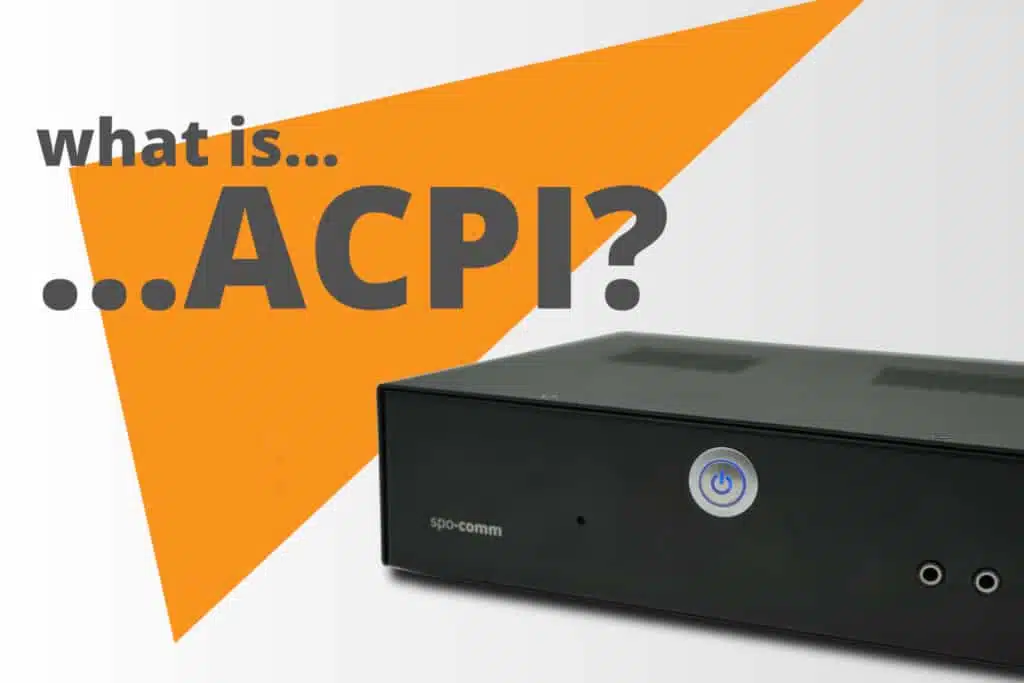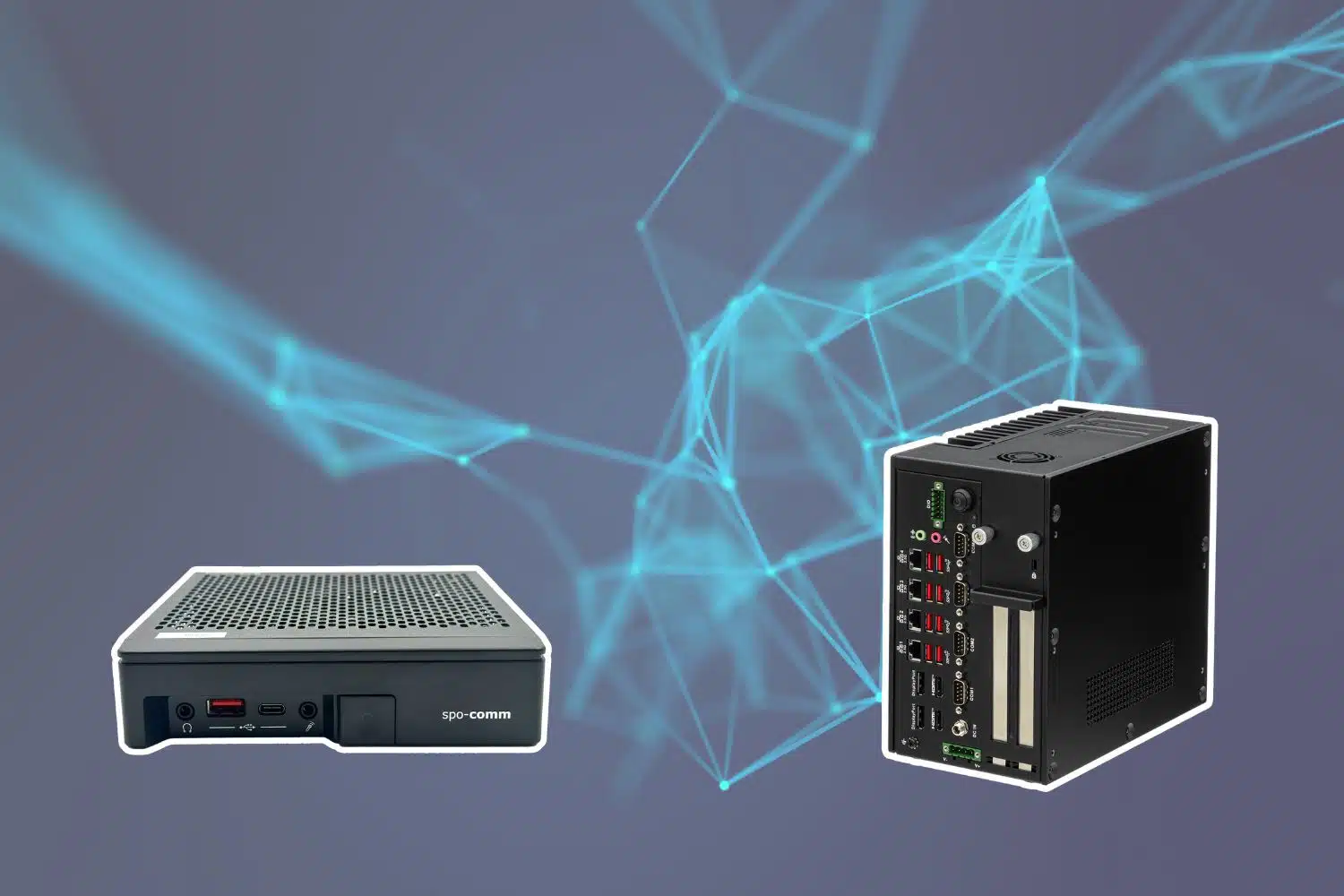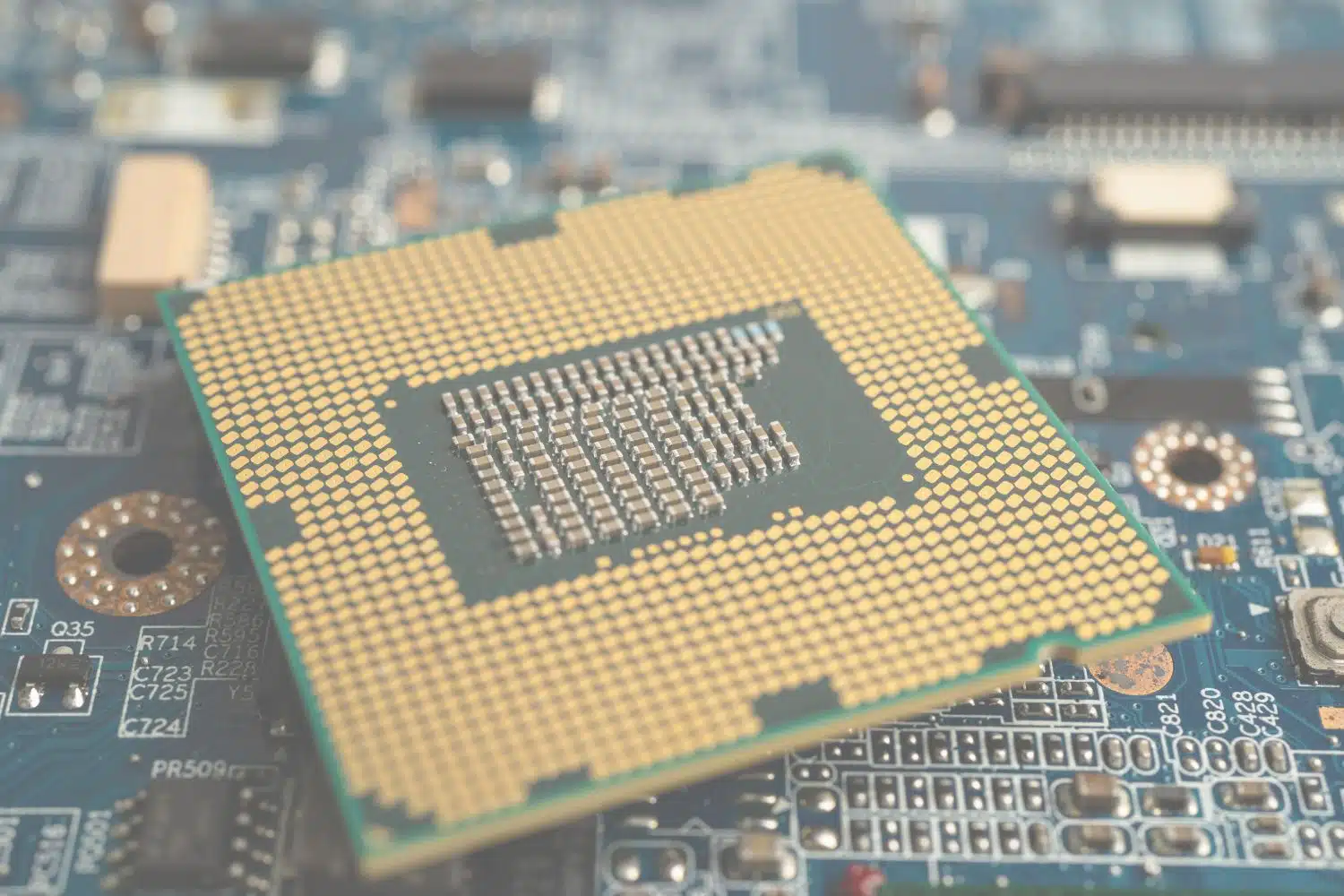28.05.2019

ACPI is the abbreviation for "Advanced Configuration and Power Interface" and describes an open industry standard for the power management of PCs, laptops and servers. In order to be able to use ACPI, both ACPI-compatible hardware (mainboard, power supply unit, etc.) and an ACPI-compatible operating system (e.g. Windows) are required. ACPI was published in 1996 and is being developed by Intel, Microsoft, HP and other IT companies. In this case, the operating system has control over power management. This has a better overview of the power requirements of the computer and the possibilities for saving energy than the BIOS. In contrast to its predecessor APM, with ACPI the BIOS only has the task of communicating with the hardware.
APM stands for "Advanced Power Management ". The term also describes a standard for energy-saving methods for PCs. APM was developed by Intel and Microsoft in the early 1990s. With this standard, the energy-saving functions are mainly managed by the BIOS and the hardware. Since the introduction of ACPI, however, APM has only played a subordinate role.
To better understand how power management works under ACPI, we need to go a little further and take a closer look at the different states a computer can be in with ACPI. The so-called G-State describes four possible states: The mode "G0" designates the active state ("Working") in which work can be carried out, "G1" the sleep state, "G2" is the so-called "Soft-Off" - a PC with ATX standby voltage, while "G3" describes the computer with the plug pulled out ("Mechanical off"). In the G1 state, a distinction is made between the various resting states or sleep states (S-states for short):
In addition to the G and S states already mentioned, a distinction is also made between ten different processor states - CPU states, or "C states" for short - and five possible device states - device states, or "D states" for short.
The advantage of standby and hibernation is that the PC does not have to restart completely and is ready for operation again more quickly. During these modes, we can also leave programs and files we are currently working with open.

Edge AI is the combination of artificial intelligence and local data processing directly at the poin...

This was our start to the new year: the current memory and CPU situation continues to have a major i...

There is currently a global crisis in the areas of RAM bars and CPUs. What began last summer as a mo...
You need to load content from reCAPTCHA to submit the form. Please note that doing so will share data with third-party providers.
More Information